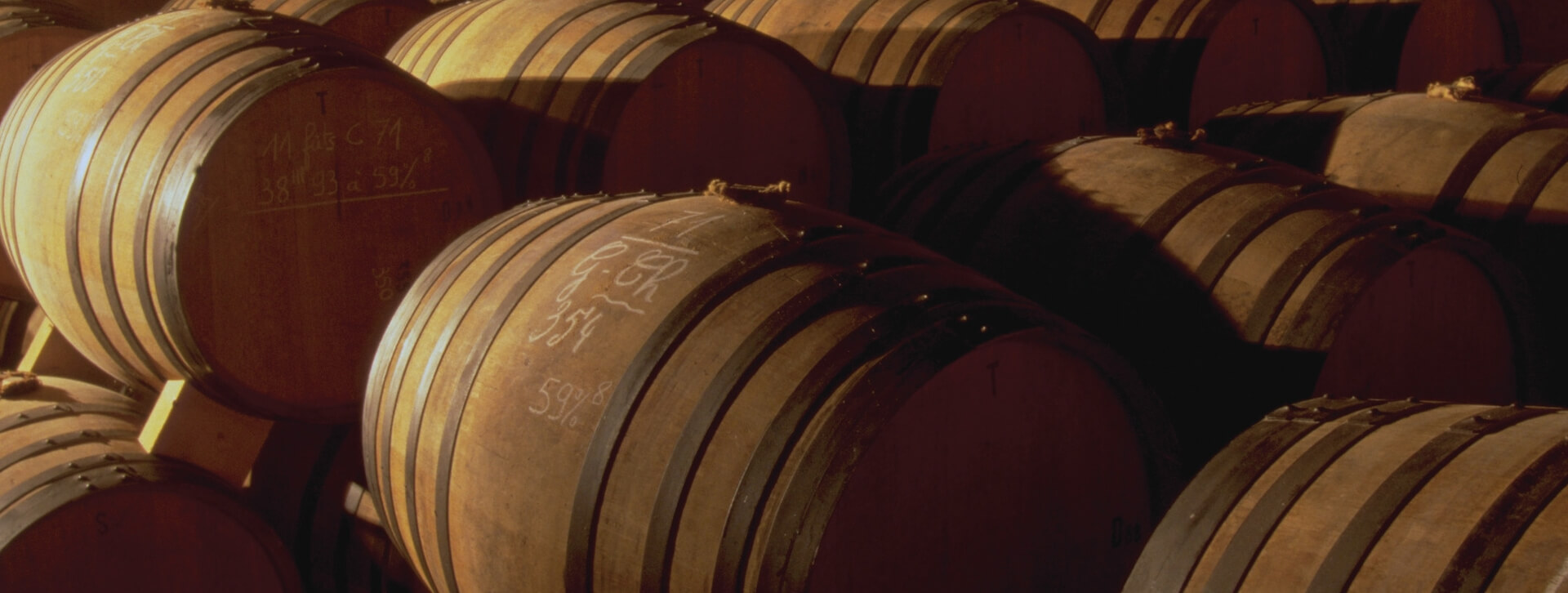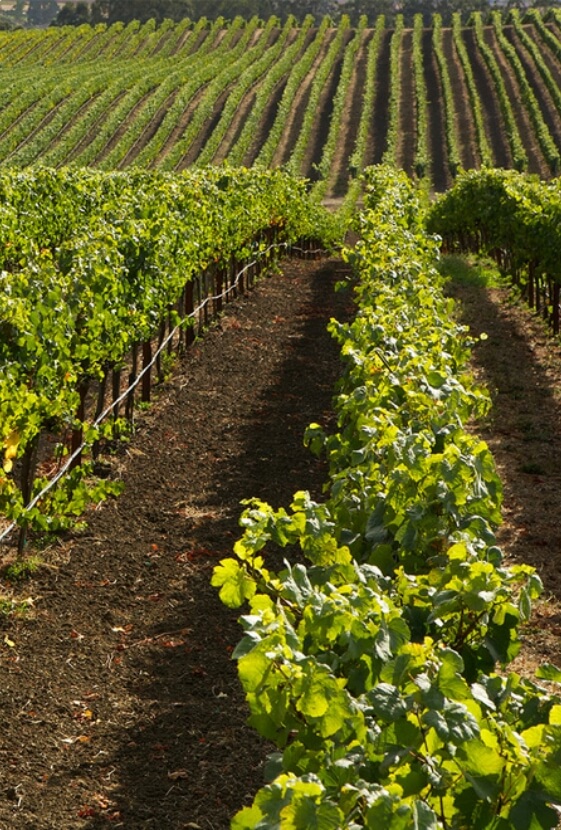
The sake is smooth and silky, with notes of honeydew melon and milk punch. Finishing with a sparkly acidity that makes this sake easy to pair with many dishes from ceviche to cheeseburgers. Best served chilled.
- Origarami method, a lighter style of nigori (cloudy sake) that is only slightly hazy with well incorporated sake lees
- Made with Miyama Nishiki rice, a cool climate cultivar grown in the Northern regions of Japan, admired for making balanced yet elegant sake, with a light and refreshing character
- Genshu (undiluted) and pasteurized just once in the bottle before shipping
- Made by the Eiko Fuji Brewing Company, established in 1778 and now run by the 13th generation
On the palate find notes of dried apricot, sea salt and cedar. Elegant layers of umami unfold with each sip. Enjoy chilled, room temperature or gently warmed, and pair with grilled fish, roasted meat or flavorful cheese.
- Made in a unique solera-like system that blends new and 3-8 years’ aged sake
- 100% homegrown Yamada Nishiki rice, grown by the brewers
- Located in Okayama, known as the “Land of Sunshine” for having the highest number of clear days in Japan, which makes it great for growing region for high-quality rice and also researching and observing deep space
Creamy lush texture, vibrant aromas of papaya, cherry and grape. Notes of ripe cantaloupe and fig, a juicy namazake.
- Made by the "Farmers Brewery", which grows all their own Yamada Nishiki rice
- Marumoto Brewery is a National Historic Landmark, est. 1867
- Nicknamed "Otoro" a nod to the luxurious and creamy mouthfeel of this sake
Bright, rich plum notes with deep sweetness and powerful acidity in the finish. Excellent with club soda on the rocks. Exceptional mixed in a creative, Asian-inspired cocktail.
- Joto Umeshu is made with locally grown and hand-harvested Ume fruit
- It is made in a traditional method of macerating ume in sake.
Overall, this sake shows a wonderful balance between elegance and strength. It is clean and delicate, especially on the nose, but it is also layered, and solid. On the nose, it is delicately floral, with hints of winter spice. On the palate, it shows white pear, maple syrup, and browned butter. It finishes with a delicate, crisp acidity.
- Husband and wife team, Kiichi and Akiko Hakuto
- Elegant, layered, sophisticated style
- Remote, artisanal town
It is aromatic like a perfume, shows blood orange and peach on the palate, and finishes with long, elegant honey notes.
- The brew master, Mr. Takakashi, is one of the most esteemed in Japan.
- Highly limited, competition sake that has won gold medal 19 times at the Japanese National Sake Competition
It shows white lilies on the nose and hints white grape and cotton candy on the palate. Quintessential competition grade junmai daiginjo, it has a long, elegant, and complex finish.
- The brew master, Mr. Takakashi, is one of the most esteemed in Japan.
- Highly limited, competition sake that has won a mark of Excellence at the regional Tohoku Sake Awards 19 times since 1991
Herbal and nutty on the nose, this sake reveals green apple on the palate. It shows the classic Shichi Hon Yari style with a light and clean angle.
- Made at the 3rd oldest brewery in Japan, the Tomita Brewery, founded in the 1540's
- Managed by the 15th generation of the family
- Featuring a new sake rice called Ginfubuki, registered in Shiga prefecture
On the nose, it shows pineapple, candied sugar, and pear. On the palate it is juicy, soft and melting.
- This junmai ginjo is made with Yamada Nishiki rice grown in Shimane prefecture
- The brewery is located in the town of Izumo, home to one of Japan’s oldest Shinto shrines.
Soft and melting, with layered umami and bright acidity in the finish. Serve chilled.
- Made in the Kimoto method, a process in which the yeast starter is consistently mashed by hand with poles in wooden vats, it takes three times as long as modern methods
- Made with Sakanishiki rice grown in Izumo, polished to 45%, an exclusive rice to Shimane prefecture
- This rice borrowed its name from Saka Shrine, a shrine located in Izumo City, which is considered to be the birthplace of sake

